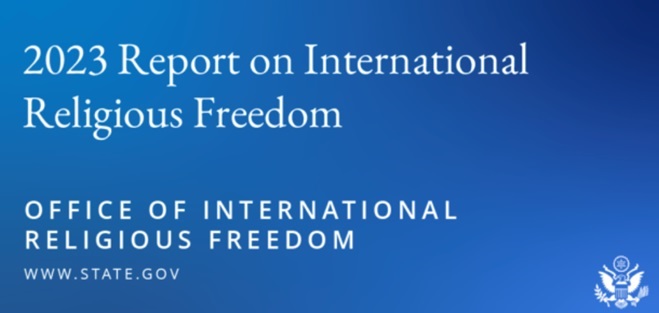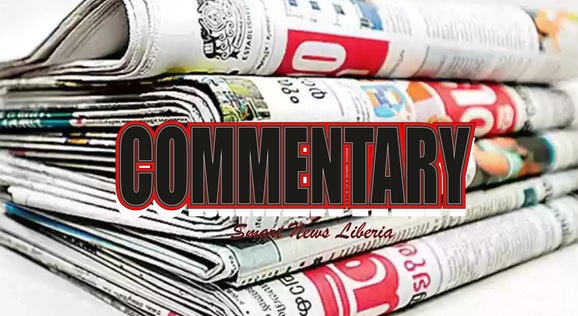MONROVIA, LIBERIA – The U.S. Department of State’s 2023 International Religious Freedom Report (IRFR) for Liberia provides a detailed look into the complex interplay of faith and politics within the West African nation, highlighting both challenges and aspirations for harmony.
In a pre-election interview with the New Dawn newspaper, Tiawan Gongloe, presidential candidate of the Liberian People’s Party during the 2023 election, advocated for religious inclusivity by proposing Eid al-Fitr as a national holiday to foster tolerance among different faith communities. This proposal ignited debates across Liberia, touching upon the country’s identity as a secular state.
Amid the electoral fervor, the Catholic Bishops Conference of Liberia urged political parties to prioritize peace and responsible conduct among their supporters. Simultaneously, Muslim leaders cautioned against voting decisions solely based on promises to recognize Islamic observances, emphasizing unity over divisive rhetoric.
The issue of Liberia’s religious identity gained prominence when Allen Roosevelt Brown, leader of the Liberia Restoration Party, vowed to revert the country to a Christian state, challenging the constitutional secularism established in 1986. This declaration prompted reactions from Muslim leaders like Sheikh Sumaworo, who called for unity and denounced efforts that could sow discord among religious communities.
President Weah, addressing religious tolerance at the Black Jina Central Mosque in Jacob Town during a Thanksgiving service, emphasized the importance of mature and peaceful voting during the upcoming elections, underscoring the need for national unity.
Meanwhile, the National Spiritual Assembly of Baha’is reported improved relations with the government, initiating talks to recognize Baha’i marriages alongside Christian and Muslim ceremonies, reflecting ongoing efforts towards religious inclusivity.
Human rights organizations continued to call for government intervention in cases involving accusations of witchcraft, highlighting persistent challenges in addressing cultural practices that endanger lives.
President Weah’s decision to grant a national holiday for Eid al-Fitr to all Muslim public sector employees demonstrated a step towards inclusivity, although challenges such as the uneven distribution of subsidies to religious-affiliated schools persisted.
Religious leaders advocated for a more proactive role in addressing social issues like political violence and economic disparities, urging the government to engage religious communities in dialogues that go beyond crisis management.
As Liberia navigates its religious and political landscapes, the 2023 IRFR serves as a critical reminder of the country’s ongoing journey towards religious tolerance, unity, and inclusive governance.
This dynamic interaction between faith and politics underscores Liberia’s commitment to balancing its diverse religious fabric with the imperatives of national unity and development.







